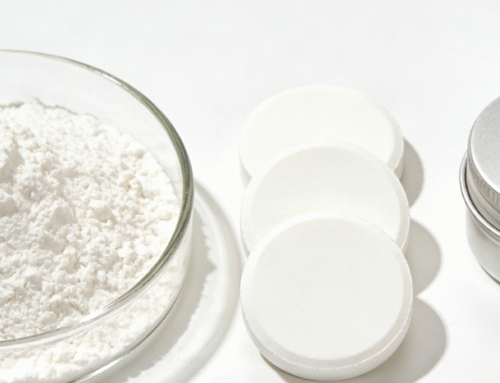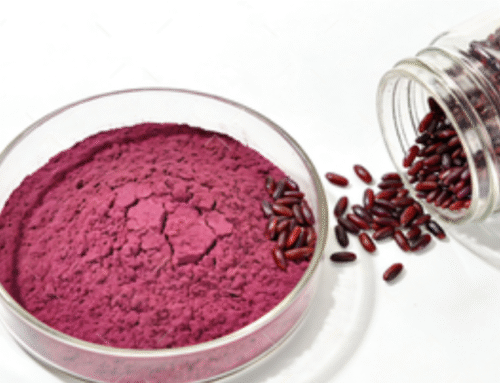Benefits about 5-HTP You Must Know
5-HTP (5-Hydroxytryptophan) is a compound produced in the body from the amino acid tryptophan. It is a precursor to the neurotransmitter serotonin and the hormone melatonin.
- HTP is manufactured from the seeds of an African plant, Griffonia simplicifolia. The supplements have become popular because it is thought that providing the body with 5-HTP in pill form can boost the body’s serotonin levels, similar to the antidepressants that are thought to increase the amount of serotonin available to the brain.
Ⅰ. Health Benefits
In alternative medicine, 5-HTP supplements are purported to help in the treatment of conditions including:
- Depression
- Anxiety
- Insomnia
- Fibromyalgia
- Migraine
- Hot flashes
- Weight Loss
So far, scientific support for the claim that 5-HTP can treat any condition safely and effectively is lacking. Here’s a look at some of the research studies so far.
ⅰ. Depression
Several small clinical trials have found that 5-HTP is as effective as antidepressants. For example, in a six-week clinical trial, 63 people were given either 5-HTP (100 mg three times a day) or an antidepressant (fluvoxamine, 50 mg three times a day). The 5-HTP was found to be as effective as the antidepressant, with fewer side effects.
However, a 2002 systematic review of studies published between 1966 to 2000 found that only one out of 108 studies met the quality standards.
The small study that did meet the quality criteria found that 5-HTP worked better than placebo at alleviating depression.
ⅱ. Migraine
Some research indicates that 5-HTP may prevent migraines and reduce the frequency and severity of migraines, however large randomized controlled trials are needed.
In one study, 124 people were given 5-HTP (600 mg/day) or the drug methysergide.
After 6 months, 5-HTP was found to be as effective as methysergide in reducing the severity and duration of migraines.
Another study looked at 5-HTP or the drug propranolol for 4 months. Both treatments resulted in a statistically significant reduction in the frequency of migraines. However, the propranolol group fared better, with a reduction in the duration of episodes and the number of analgesics used for the treatment of episodes.
ⅲ. Fibromyalgia
Fibromyalgia is a chronic condition characterized by fatigue, widespread pain in the muscles, ligaments, and tendons, and multiple tender points.
A double-blind, placebo-controlled study looked at 5-HTP or placebo in 50 people with fibromyalgia. After four weeks, there was improvement in pain, stiffness, anxiety, fatigue, and sleep. Side effects were mild and transient.
ⅳ. Insomnia
Serotonin is converted into melatonin, a hormone needed to regulate sleep-wake cycles. Because 5-HTP is thought to increase serotonin levels, it may increase melatonin and help normalize sleep patterns.
Ⅱ. Possible Side Effects
Potential side effects of 5-HTP include nausea, dizziness, and diarrhea. Rarely, allergic reaction to the supplement may occur.
Children with Down’s syndrome should not take 5-HTP.
In 1998, the Food and Drug Administration (FDA) reported having detected a chemical compound known as “peak x” in some 5-HTP products.7 Peak x had been previously associated with the supplement tryptophan, which is made into 5-HTP in the body.
Tryptophan was taken off the market when thousands of people developed a severe blood disorder called Eosinophilia-Myalgia Syndrome (EMS). The cause was later traced to a contaminant found only in batches of tryptophan manufactured by one Japanese company, Showa Denko.
Showa Denko, the source of up to 60% of all the tryptophan sold in the United States, had used an untested manufacturing process that reduced the amount of activated charcoal used to filter fermented raw tryptophan. Some reports suggest that purity may be a potential problem for 5-HTP as well. No cases of EMS resulting from 5-HTP use have been reported, however.






Leave A Comment